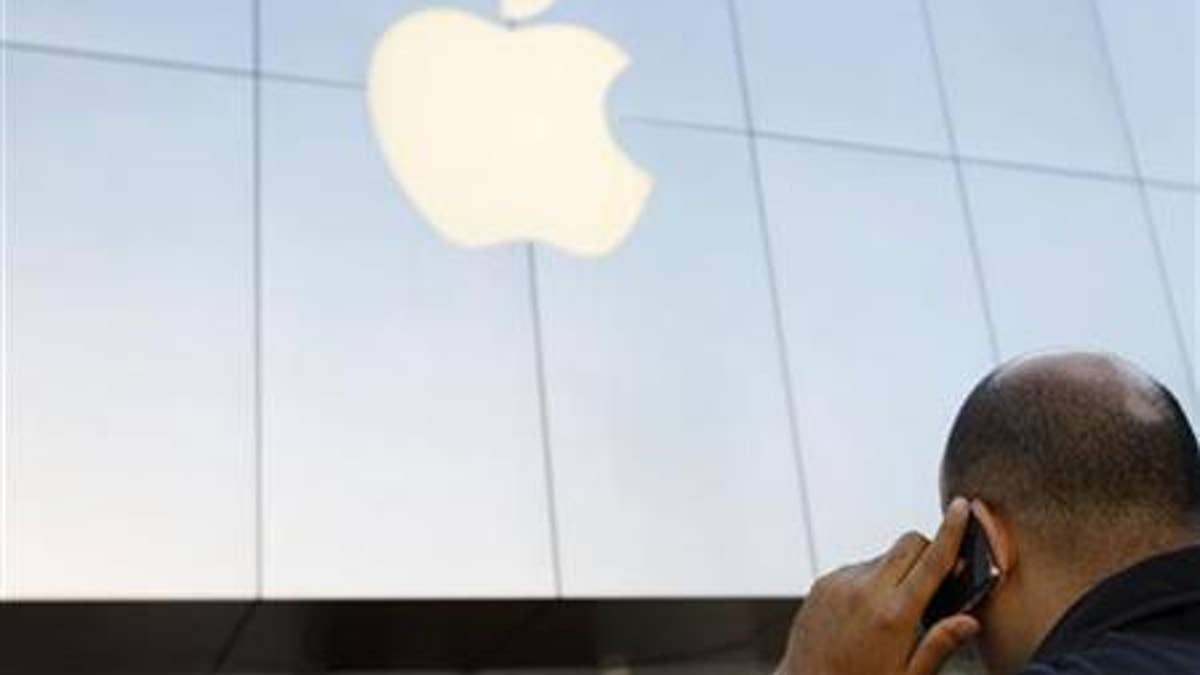
Steve Jobs will certainly be missed. (Reuters)
SAN FRANCISCO – Steve Jobs's resignation as Apple Inc's chief executive sent shock waves through technology and media circles on Wednesday as executives, engineers and investors spoke of becoming "orphans" without their Michelangelo.
Jobs, who fought and survived a rare form of pancreatic cancer, revolutionized consumer electronics for a decade with the introduction of the iPod, iPhone and iPad.
"Steve Jobs has changed people's lives immensely with the vision he has had, the risks he had taken, the products he has designed, and the industries he has shaken," said Bill Gross, the CEO and chairman of Idealab, a firm that funds technology startups.
"The countless people he has touched through his words and his actions have had a cumulative effect on design, marketing, entrepreneurship, leadership, and countless other areas that are truly remarkable," said Gross.
Jobs, 56, announced that he was stepping down as Apple's CEO on Wednesday. The company did not provide an update on Jobs's health, but named Tim Cook as his successor and said Jobs would become chairman.
For technology lovers, as well as business leaders, Jobs's influence is hard to understate. Apple's ability to dazzle consumers with new products is emulated and invoked by Fortune 500 companies and up-and-coming start-ups alike.
With his passion for minimalist design and marketing genius, Jobs changed the course of personal computing and the entertainment industry.
Apple's chain of sleek, modern retail stores have become mainstays in shopping districts around the world and the company's products and designs have inspired an almost cult-like following.
"He is the Michelangelo of the digital age," said LinkedIn CEO Jeff Weiner. "He is also the most insightful business speaker I've ever heard. He speaks the way he designs product: not a single wasted word. To this day, some of the most valuable lessons I've learned in business came from listening to him on stage," Weiner added.
A Buddhist and a son of adoptive parents, Jobs started Apple Computer with friend Steve Wozniak in the late 1970s and pioneered the personal computer industry with the Macintosh. After being ousted in 1985, Jobs returned to Apple in 1997 and went on to shake up the mobile phone industry with the iPhone.
Despite nearly going bankrupt in early 1990s during Jobs' absence, Apple now vies with ExxonMobil as the most valuable company in the United States.
"He took a hit early, was kicked out of his baby and came back and not only saved the company, he basically changed the how the world uses technology," said Mark Cuban, the owner of the Dallas Mavericks basketball team and a tech entrepreneur. "He is one of the few technologists that I look up to."
Friend and rival Eric Schmidt of Google Inc called Jobs the most successful American CEO of the last 25 years.
"He uniquely combined an artist's touch and an engineer's vision to build an extraordinary company, one of the greatest American leaders in history," said the Google chairman.
News of Jobs' resignation dominated technology blogs and Twitter.
"Steve Jobs run at Apple is likely the very best CEO execution we will see in our lifetime," tweeted Bill Gurley, a partner at venture capital firm Benchmark Capital.
Jeff Clavier, a prominent Silicon Valley investor, tweeted: "Millions of us are feeling orphans of Jobs' leadership, who had so much impact on tech and design. Wishing the best to him and his family."
